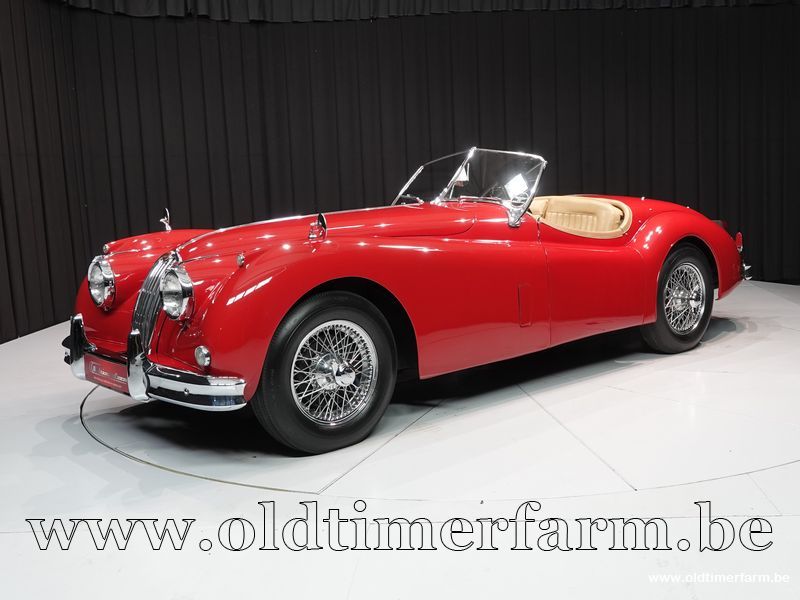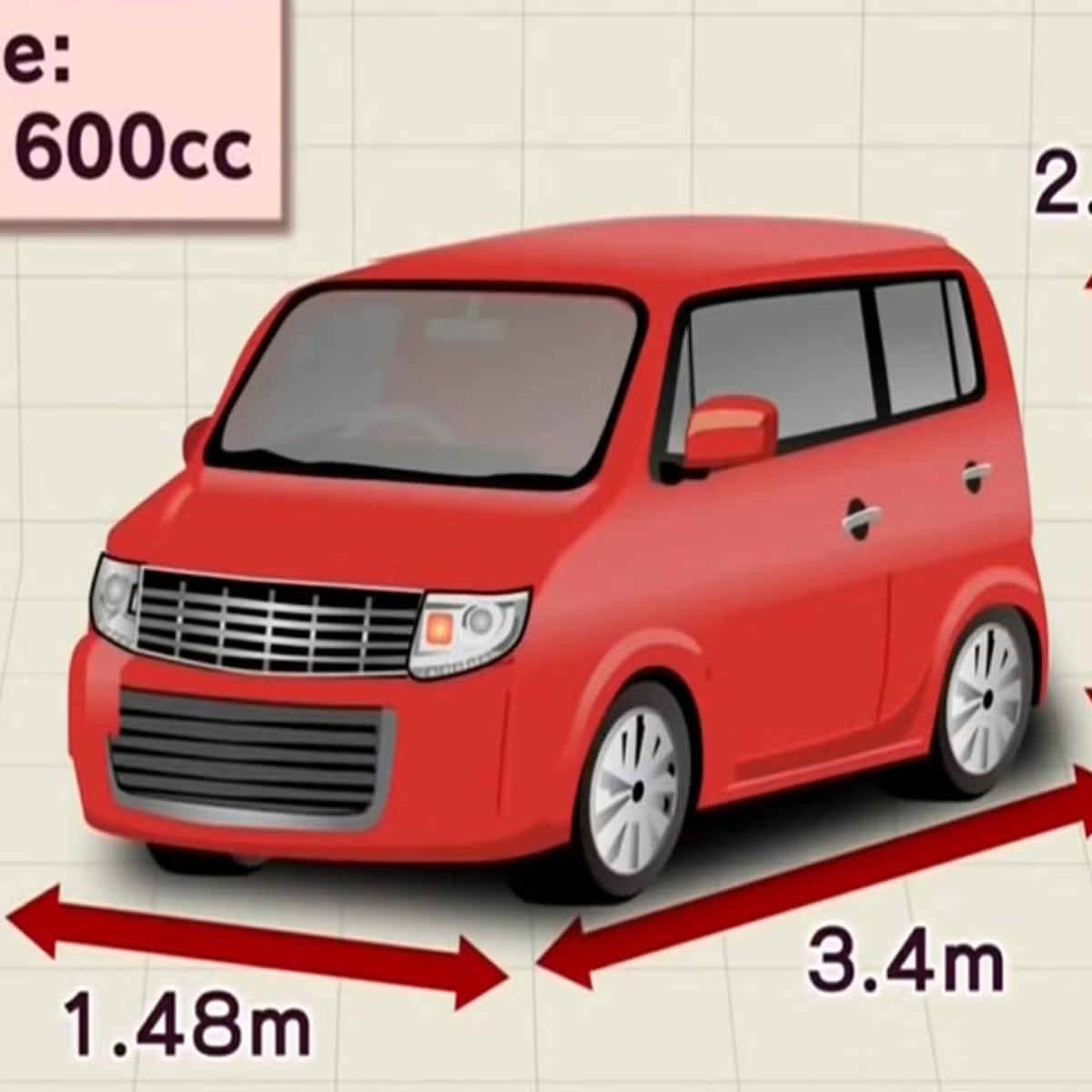
Introduction
Jaguar, a name synonymous with luxury and performance, continues to carve its niche in the competitive automotive sector. With a rich heritage dating back to 1935, the brand has not only produced iconic vehicles but is also responding to the changing demands of the automotive market. As consumer preferences shift towards electric and sustainable solutions, Jaguar is keen on transforming its operations and lineup to remain relevant and forward-thinking.
Recent Developments
In October 2023, Jaguar announced ambitious plans to become a fully electric luxury brand by 2025. This decision aligns with the global push towards sustainability and green automotive technologies. Their first fully electric vehicle, the Jaguar I-PACE, has already set a benchmark in the electric SUV segment with its design, performance, and advanced technologies.
Additionally, Jaguar Land Rover, the parent company, revealed a £15 billion investment strategy that aims to electrify its entire vehicle range. This significant financial commitment will aid research and development to enhance battery technology and energy efficiency, enabling the brand to compete in the fast-evolving electric vehicle (EV) market.
Sustainability Initiatives
Jaguar’s commitment to sustainability extends beyond electrification. The company has embarked on various initiatives aimed at reducing its environmental impact. They have introduced manufacturing processes that are less resource-intensive and utilize recycled materials. For instance, the use of recycled aluminium in vehicle production aligns with Jaguar’s goal of achieving net-zero carbon emissions across its supply chain by 2039.
Market Response and Future Outlook
The automotive industry is poised for a significant transformation, and Jaguar’s strategic pivot towards electric vehicles reflects a broader trend within the market. Consumer interest in sustainable choices is increasing, driven by environmental concerns and regulatory changes across several countries. Jaguar’s proactive approach to this shift may not only boost its reputation but also attract a younger, environmentally-conscious demographic.
Analysts predict that Jaguar’s complete transition to electric vehicles could enhance its competitive edge, especially as competitors like BMW, Mercedes-Benz, and Tesla ramp up their EV offerings. In conclusion, Jaguar’s focus on innovation and sustainability is a significant step forward in a rapidly changing automotive landscape, ensuring that the brand remains a key player known for luxury and forward-thinking solutions.
You may also like

The Impact of White Lotus on Environmental Tourism

Understanding Forest Green: Its Significance and Impact
